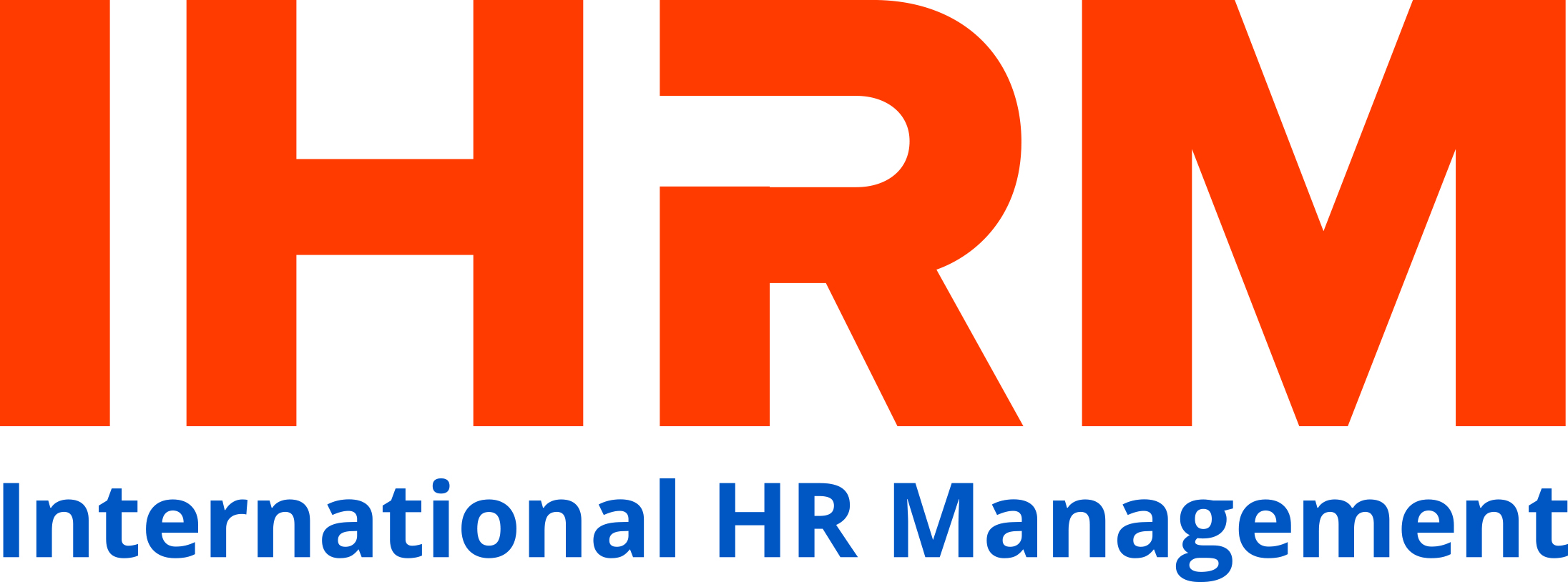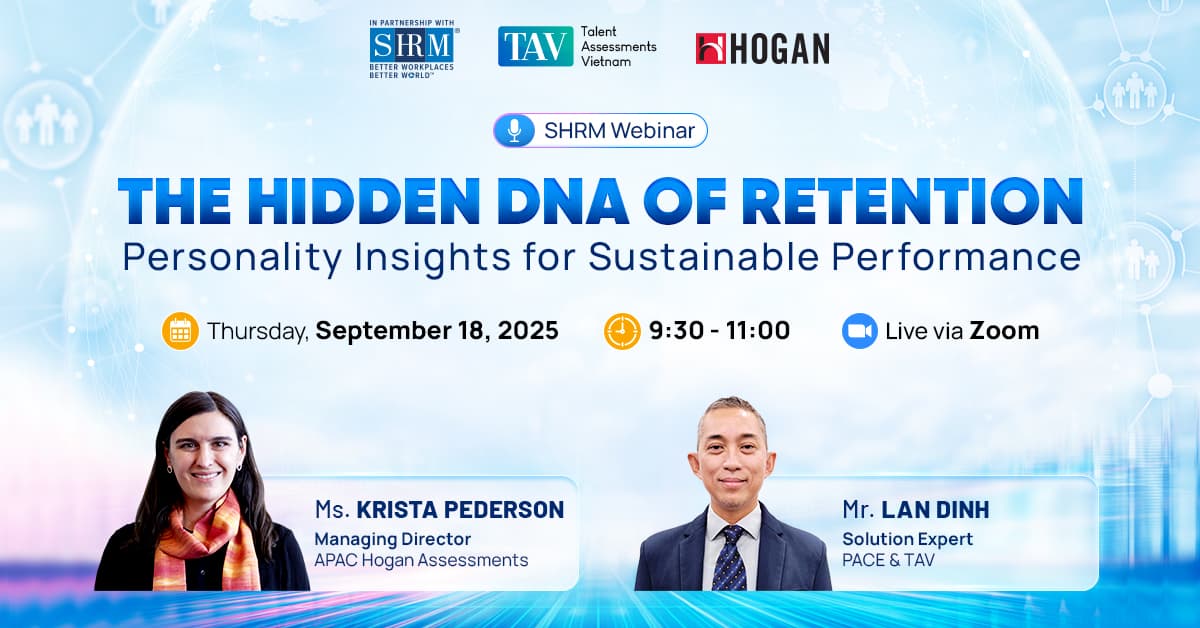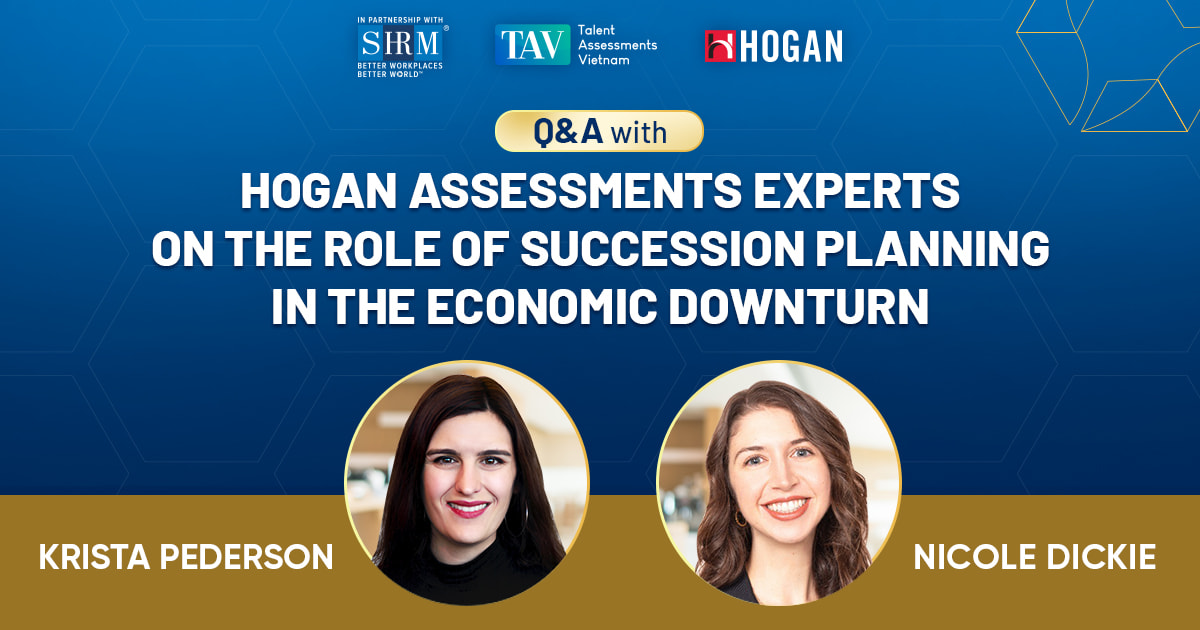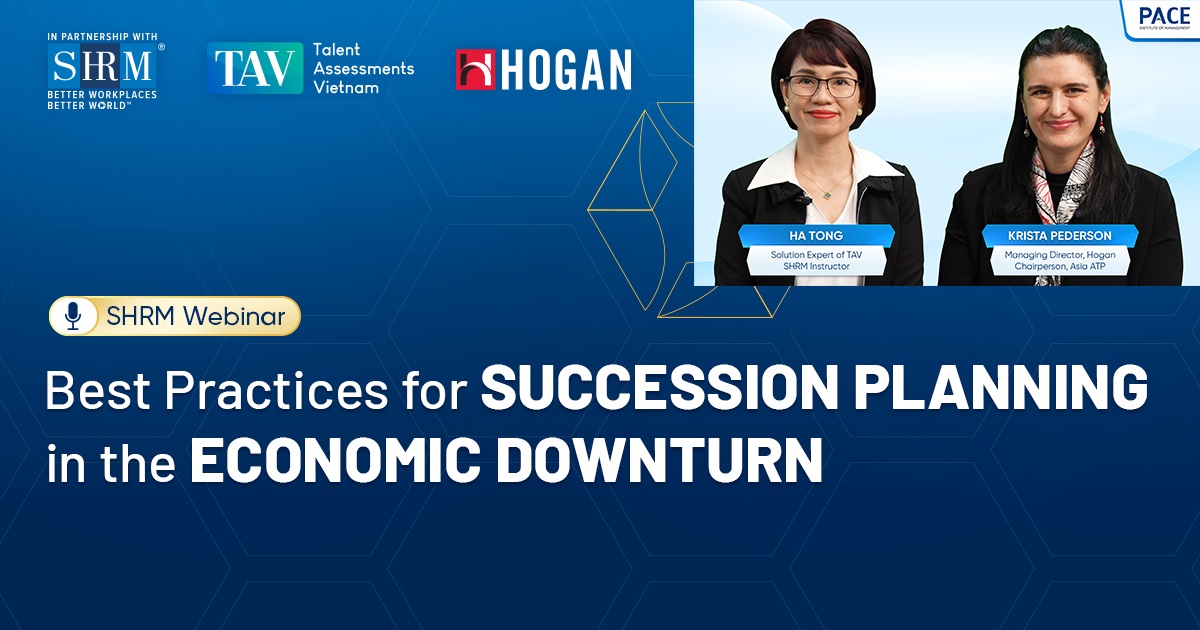HOW HR CAN GET THE MOST OUT OF HUMAN CAPITAL
Human Resources departments are known for only enforce company policies. Yet, they can do so much more, right?
Companies typically view their employees as their most strategic asset, so it stands to reason that there should be a profession devoted to making sure they’re reaching their top potential. But in recent decades, the human resources field has been strangled by its own mandate, becoming a mere enforcement arm for company policy.
HR departments today screen job applicants and process benefits paperwork, but they are no longer very good at getting the most out of human capital. Marcus Mossberger, a HR strategy director at Infor, revealed his tips to fix HR. Here is how to get started.
Companies typically view their employees as their most strategic asset, so it stands to reason that there should be a profession devoted to making sure they’re reaching their top potential. But in recent decades, the human resources field has been strangled by its own mandate, becoming a mere enforcement arm for company policy.
HR departments today screen job applicants and process benefits paperwork, but they are no longer very good at getting the most out of human capital. Marcus Mossberger, a HR strategy director at Infor, revealed his tips to fix HR. Here is how to get started.

1/ Intensify personal approach
In order to contribute strategically to the organisation, HR had to embed themselves within it, not just drive compliance with its policies. To do that, you needed to form relationships at every level of the company over an extended period of time, person by person.
2/ Utilise data to deliver
One of the main reasons HR departments in many organisations are so ineffective is that they are laser-focused on being people-oriented. When it comes to building relationships, that is absolutely critical. But that attitude becomes a liability when it is taken too far. HR professionals shouldn’t overlook quantitative tools, even if they worry they’ll their very “human” profession seems too much like a science.
The reality is there are now more ways to collect and analyse valuable data about a company’s staff than ever before. If HR departments are to live up to their potential as consulting forces, their recommendations needs to be grounded in real research, not just intuition or generic best practices. That means being able to measure the relationships between behaviours and outcomes.
There are countless other ways data can be used to predict performance and outcomes. Here are a few more examples:
- Attendance data: How frequently are employees arriving late or calling in sick?
- Training/development data: When was the last time employees took coursework or renewed their skill sets?
- Performance management data: A manager might rank herself a 4.2 on a 5-point scale, but her team members might rate her a 3.1. How soon can a company identify that disparity and begin closing the gap?
- Employee relations data: Has an employee been reprimanded for poor judgment or interpersonal problems? Has it happened more than once?
- Workplace engagement data: Which employees are participating in optional wellness programs, referring potential candidates for hire, or volunteering at company-sponsored events?
Any of these data points alone could point to how well (or poorly) a given employee is faring within the organisation, but the combination of all of them makes for a much more robust employee profile. And that has real business value, especially at scale—indicating the likelihoods of underperformance and turnover company-wide.
As HR professionals, we need to be able to identify these correlations and use them to justify our programs, initiatives, and recommendations.
As HR professionals, we need to be able to identify these correlations and use them to justify our programs, initiatives, and recommendations.
SOURCE: HRASIA
|
Training Program
 Internationalize the human resource management capabilities of HR professionals in Vietnam Opening Date: September 19 , 2019 in HCMC
Opening Date: September 26, 2019 in Hanoi
|








